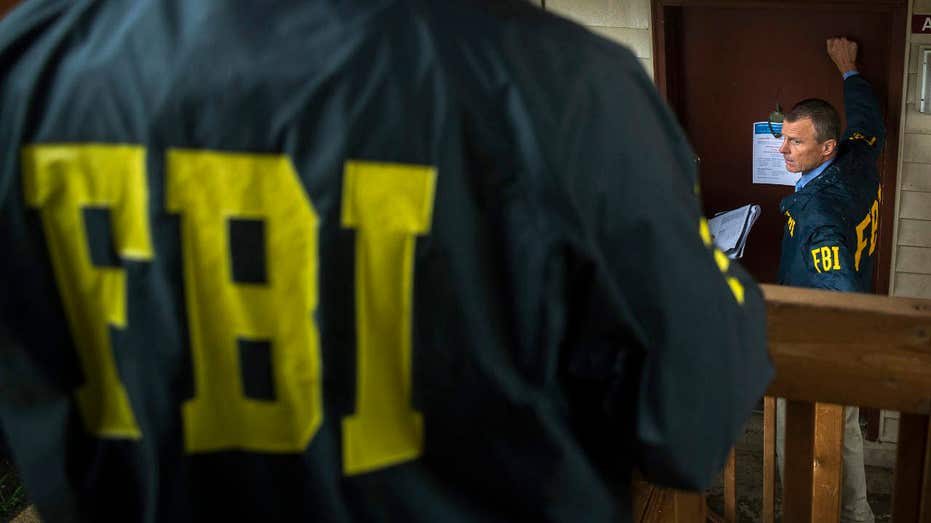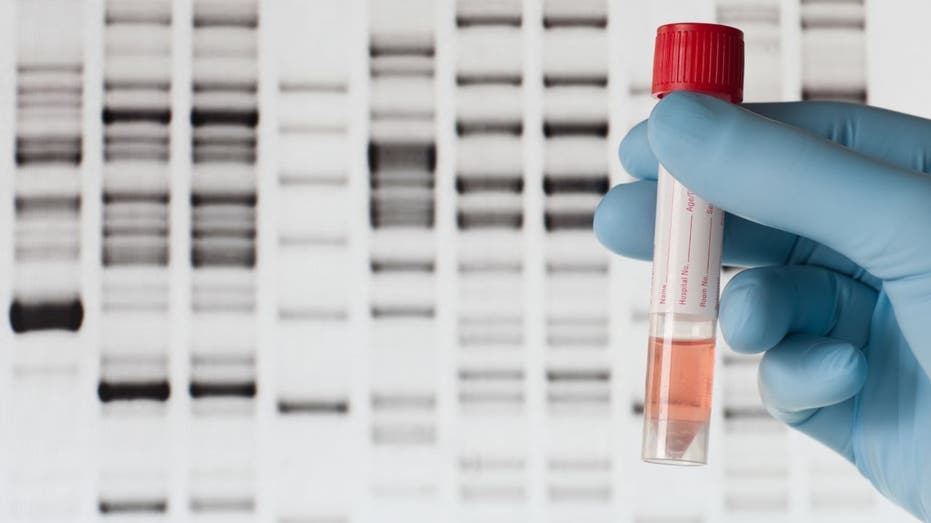FBI approves new DNA database system to speed up investigations
The system will complete DNA sample analyses and searches within 90 minutes
The FBI has approved a new DNA database system that will expedite the process of matching various DNA samples to identities.
Law enforcement booking stations will use the new Thermo Fisher Scientific database to automatically upload and process DNA samples from qualifying suspects within 90 minutes, according to a press release.
"Rapid DNA analysis at the point of booking is a powerful investigative tool that can quickly and safely link arrested individuals with other serious crimes, thereby providing significant benefits to public safety," Joanie Brocato, former DNA manager at the Louisiana State Police Crime Laboratory and current department head of the Clinical Laboratory Science program at Louisiana State University Health Science Center, said in a Thursday statement.

The FBI has approved a new DNA database system that will expedite the process of matching various DNA samples to identities. (REUTERS/Lucas Jackson)
DETECTIVES: DNA SOLVES 1985 SLAYING, RAPE OF DEMENTIA VICTIM
The first-of-its-kind DNA database system may also help exonerate the innocent, Thermo Fisher said in the press release.
"DNA processing and searching, while the suspect is in custody, significantly reduces the time to identify or eliminate a potential suspect and decreases the opportunity for reoffending or fleeing," Brocato continued. "It also helps to further close the gaps on missed arrestee collections that occur today."

Law enforcement booking stations will use the new Thermo Fisher Scientific database to automatically upload and process DNA samples from qualifying suspects within 90 minutes, according to a press release. (iStock / iStock)
GET FOX BUSINESS ON THE GO BY CLICKING HERE
He added that the FBI's approval of the system "demonstrates that rapid DNA in a booking station can be used responsibly, in a manner that maintains the quality and integrity of the Combined DNA Index System (CODIS), while assisting law enforcement in expediting the identification of potential perpetrators."
Shares of Thermo Fisher Scientific dropped by about 2% Thursday after strong trading on Wednesday.
| Ticker | Security | Last | Change | Change % |
|---|---|---|---|---|
| TMO | THERMO FISHER SCIENTIFIC INC. | 542.72 | +0.39 | +0.07% |
CLICK HERE TO READ MORE ON FOX BUSINESS
Thermo Fisher has previously come under fire for selling DNA database equipment to China's Xinjiang region, where Muslim minorities have faced ethnic cleansing and other forms of abuse and discrimination, including heavy surveillance, by the Chinese Communist Party.
The company said it would stop selling its equipment to China, but government documents obtained by The New York Times in June show that their products continue to make it into the country.





















